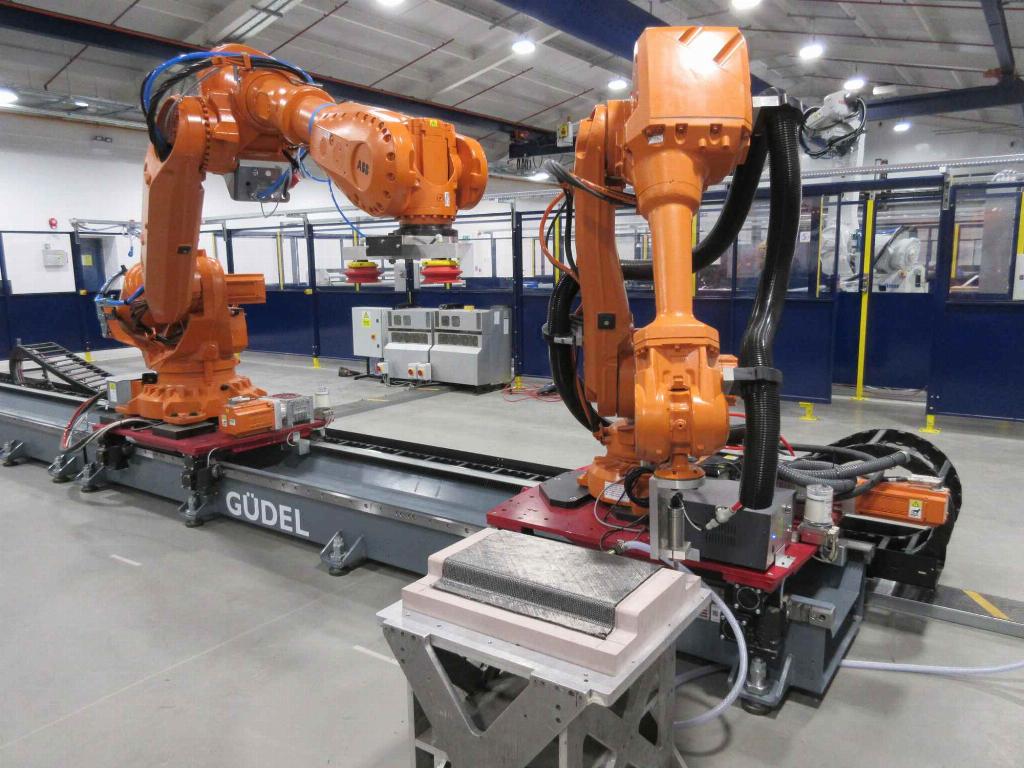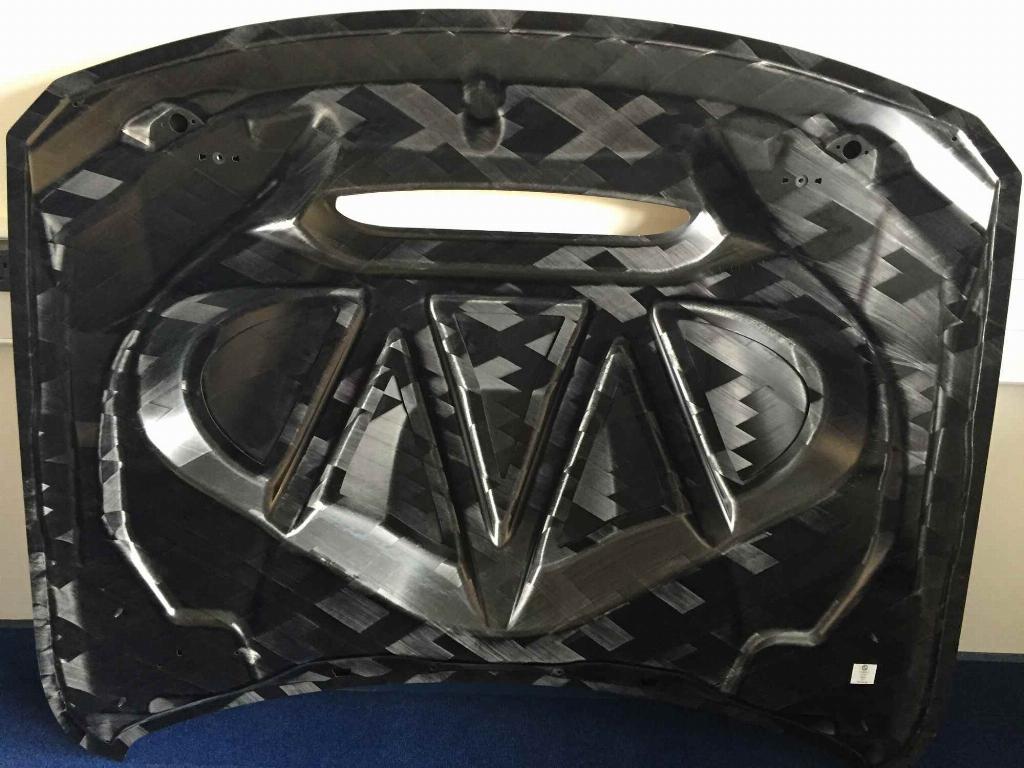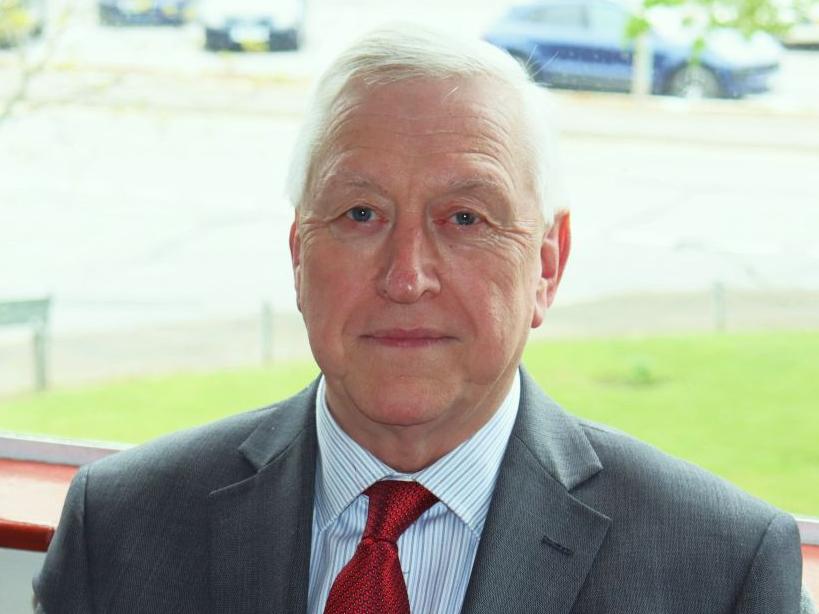Lightening the load

A new project funded by the Advanced Propulsion Centre aims to enhance the skills of composite manufacturing for high volume automotive applications. Mark Venables considers the Flexible Lightweight Architecture for Volume Applications (FLAVA) project.
The automotive industry has two very distinct parts: the large-volume sector and the specialist area producing modified or complete vehicles in small numbers. The challenges of each are different and this is reflected in the way car manufacturers approach the use of composites.
The UK has significant expertise in the design and use of composites in low volume, high performance road cars and motorsport, but limited capability for higher volume production. Emissions targets are driving OEMs to challenge the global supply chain to develop lighter weight, affordable composite structures and components at higher volumes.
According to the UK Composites Leadership Forum, the opportunity for the UK is balanced by the risk of supply chain substitution, hence the UK supply chain needs immediate support for technology and supply chain development to provide affordable production capability across different production volume rates.
It is against this backdrop that a consortium featuring the UK division of Solvay, British luxury car manufacturer Bentley and UK-based Penso has been awarded a multi-million-pound grant by the UK Government Advanced Propulsion Centre (APC) for the Flexible Lightweight Architecture for Volume Applications (FLAVA) automotive project.

The project will enable the UK low/medium volume automotive sector to implement and integrate carbon composite multi-material flexible modular solutions within BIW structures. According to the APC, materials and manufacturing process innovations resulting from the project offer substantial weight savings, enhanced flexibility in design, significant assembly and logistics benefits and enable adoption of a flexible platform strategy at an investment and unit cost that can support a viable business case.
These benefits should lead to reduced tail-pipe and logistics CO2 emissions, on-shoring of high value manufacturing capability and the development of the UK composite supply chain whilst enabling enhanced competitiveness of low/medium luxury vehicles to maintain and grow export sales. The project will demonstrate the capability of the supply chain, materials and manufacturing processes to meet automotive OEM quality and production rate requirements and for the integration of significant composite structural content in standard paint and vehicle assembly lines whilst supporting the wider UK composite strategy for growth.
“The FLAVA project will demonstrate ultra-lightweight, modular composite body architectures at very low cycle times and with a very compelling business model,” says Daniel Hurcombe, managing director of Penso. “We are very proud to be lead partner on this programme and honoured to have been awarded this grant funding by the UK Government.”
Current composite strengths
There are many official and independent reports highlighting the current and future market growth of composites in the automotive industry. The applications are generally falling in to a few key areas: primary structure (BIW), secondary structures, body panels and trim.
“The largest growth areas are primary and secondary structures - these offer the widest scope for problem solving, structural and functional integration, weight reduction and affordable total cost,” says Alexander Aucken, UK programme director – serial automotive at Solvay Group - Composite Materials and chair of the Composites Leadership Forum. “The primary drivers are the increases in emission and fuel consumption legislation, coupled with the need for sustainable, affordable, lightweight vehicles with alternative electrified powertrains. It is not a question of if composites will become important, but rather when composites must be able to offer solutions to the rapidly developing automotive industry.”
However, the consensus is still that composites have a lot more to offer the automotive sector. Aucken believes that part of the problem is that the needs of the OEMs are often different from each other.
“Adoption at higher volumes requires each OEM to develop the technical and commercial understanding for the applications they are prioritising,” he adds. “They must become comfortable with composite design for manufacture, the effectiveness of the total-cost model. Also required are Finite Element Analysis (FEA) performance prediction, a reliable, capable supply chain that can deliver the volumes of parts at the expected quality level and a supply chain that is willing to share some of the perceived risk with the OEM in the application development process.
“The industry needs to see proof of manufacture at rate. This is one of the fundamental reasons why Solvay created its application centre in the UK – to equip it with the technologies necessary to improve automation, rapid Takt time, waste reduction technologies, to show how to scale up with the supply chain.”
Facing technology challenges
There are several technology challenges that the automotive industry faces to move composites from niche/low volume parts to high volume. These generally fall into three main areas: materials, manufacturing processes and design for composite manufacture.
“From the materials and processing perspectives, these challenges include the need to develop automated lay-up and rapid cure thermoset material technologies that offer the right balance of performance,” Aucken explains. “In addition, we need Carbon Fibre Reinforced Polymer (CFRP) design for manufacture, multi-material solutions and joining technologies. This will allow us to utilise the right combination of materials in the right applications to make the most cost effective structural assembly. Finally, sustainable technologies and processes that minimise waste and support recycling are vital in the modern environment. From the design perspective, FEA code development is needed to better address the modelling of dynamic and crash failure mode.
“As well as these very tangible technical challenges, supply chain development, regulations and standards and solutions to the industrial composite skills shortage are at the fundamental core of what is needed to support for future growth.”
Material matters

“The right choice of thermoset and thermoplastic composite material technologies, integrating structures with over-moulded features in both material types - and used in conjunction with metals, will we believe, offer the most cost effective technically capable solutions,” Aucken says. “Let me re-state that we have absolutely no intention to manufacture production parts. The material technologies we are developing and will be supplying in to the automotive industry are designed for high volume manufacturing processes. We are investing for the future in our global material manufacturing assets as well as our application development capabilities, to prepare ourselves for the high-volume growth period coming shortly.
“As the OEMs develop their belief and deeper understanding - supported by projects like FLAVA, and the work Solvay is doing through our application centres; the appetite for and the adoption of advanced composites will continue to grow.”








